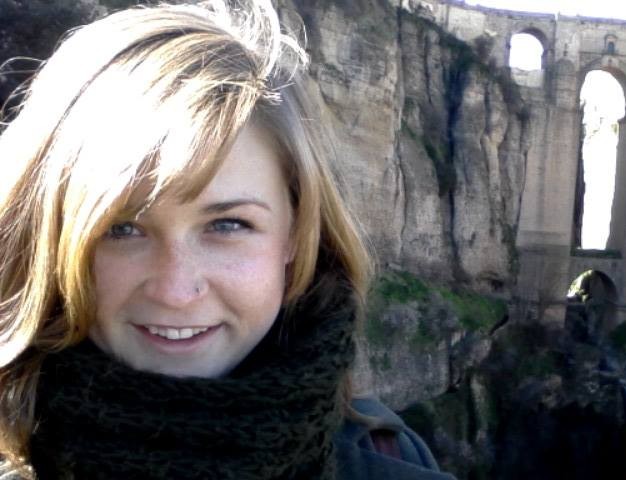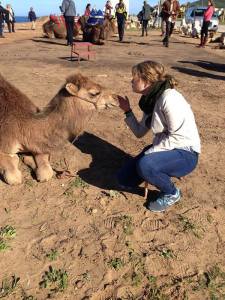As promised, I wanted to share my thoughts about the Discover Excursions weekend trip to Morocco after expressing some fears about the trip in an earlier blog post. While I was there, I hoped to address my fears that 1) a weekend is not sufficient time to understand a culture and 2) that this lack of understanding in a country, especially a developing one, is incredibly invasive. Unfortunately, the trip only reinforced my fears. But let me explain.
I was fairly confident that all of the students on the trip would recognize that they did not suddenly understand Morocco or especially that they did not gain a general understanding of Africa. That became a difficult assumption, however, upon hearing many comments such as “now I can check Africa off my list.” I also worried that that was the sole reason many of the students had elected to go to Morocco for a reason, considering the fears they expressed on the trip there, such as “if the Wifi doesn’t work, I’m going to die.” It is understandable to want to stay connected and inform your family and friends that you are safe, but I sincerely hope that their trip was not ruined by the lack of reliable web time.
My personal experience in Morocco was positive, albeit disappointing. I enjoyed talking to locals, sampling new food, and bartering in Spanish. Sitting on a beach on the Mediterranean Sea. Riding a camel. But for the price and the travel time, you really cannot experience much of Morocco. Part of this limitation is due to the short-term nature of the trip, but I believe it is also limited by the size of the group. No matter where you visit, you cannot really immerse yourself or even begin to understand the workings of a culture while exploring in a group of 60 students who have little to no knowledge of the host country. Despite this, it surprisingly did not feel invasive and many Moroccans, especially the shop owners, seemed to enjoy the visitors and their business.
The impact a person has on another culture is not solely that which happens during the visit, but after as well.
Although tourists certainly impact a culture, my fear was stemming from a longer term impact. As mentioned above, I fear that these travelers will feel more worldly, more cultured and as though they can serve as the authority speaker when a friend brings up Africa, so they can say “well, when I was in Africa…” I sincerely hope I am wrong.
In response to Discover Excursions, as I assume they will be running these programs for many more years to come, I have a few suggestions that may not promote understanding, but could at least decrease negative impact. First, to the company as a whole: please show a documentary or create a standard curriculum to be taught prior or during the bus ride. We travelled for 5 hours that could have been better spent than watching Grease, no matter how enjoyable it was to watch with Spanish subtitles. Second, the guides could give some general but more strict rules on our way. These could include things such as “do not say rude things to your friends about Moroccans in English or Spanish. They can speak both languages.” When we had stopped to use the bathroom at a small restaurant in Asilah, one girl walked out and said, “Guys, make sure you don’t sit on the seat. Also there’s no toilet paper. This place is gross.” She seemed to say it from a kind place, as she was looking out for fellow travellers, though I think we all can make our own “to sit or not to sit” decisions.
As a whole, it is not that Discover Excursions’ program is bad, it is just that it lacks critical thinking about sustainability and impact. I know I will travel with them again to Lagos, Portugal for a weekend of sangria and beach time, but I suggest thinking long and hard before booking their trip to Morocco.
View Discover Excursions’ response here.

